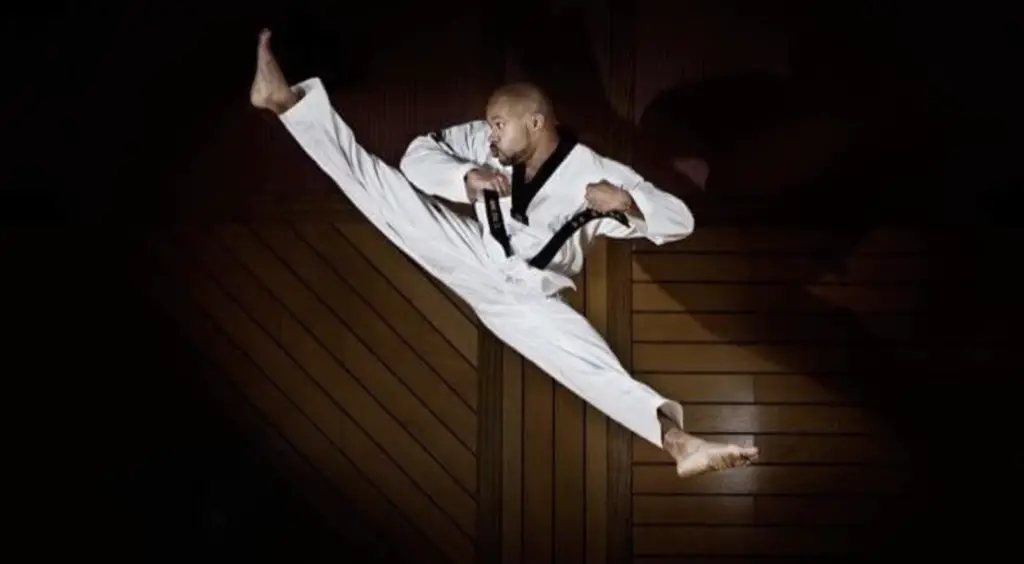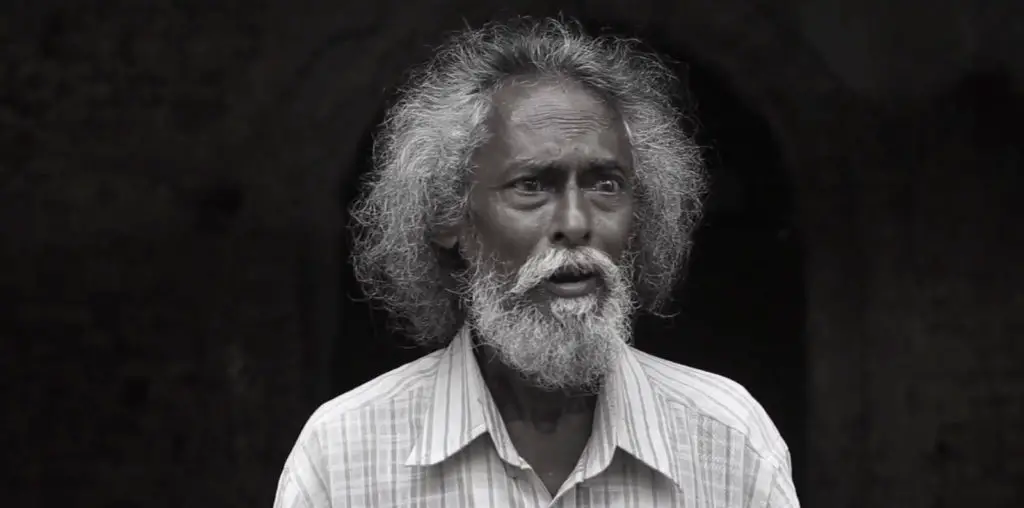
Years ago I took a college course that examined the values of characters in film. The teacher, whom I shall call Mr. Fine, would show a movie and afterward we would discuss its various characters and their moral codes, ethics and so on. Then we had to pick a character from the film and write a paper about his or her values, using examples from the film to make our case. I had signed up for the class because it sounded interesting and my wife, who had taken it a year earlier, thought I would enjoy it. Little did I know how disappointed I would become.
The teacher and his idea for the class were great. Unfortunately, the discussions we had after watching films like “Se7en” and “The Usual Suspects” showed me that the majority of the students either didn’t recognize any values in characters at all, or they declared that any values differing from their own were “wrong” or “evil.” Take, for example, “Se7en.”
When I had to write my paper on the film, I chose to focus on the serial killer. In class, the majority of the students were only willing to discuss Brad Pitt’s character. They thought he was a good cop who was driven to find the killer because it was the right thing to do. They thought he valued being a top notch detective and keeping the streets safe. I saw him as being egotistical and arrogant, a man who didn’t value the opinion of others even if they were wiser than he. Pitt’s character thought he was intellectually superior not only to the killer, but to his partner, too. He had a jock mentality, and he wasn’t going to listen to anyone. The teacher agreed with me, but the other students couldn’t see it. They thought he wanted to do a good job, and that he was intellectually superior to the killer because he didn’t kill people who didn’t deserve it.
When I handed in my paper, the teacher told me that he could always tell the thinkers in his class because they usually wrote about the killer, where the others picked Pitt’s character. “It’s distressing,” he commented, “to see that so many kids just aren’t able to see beyond themselves.”
At one point in the class he asked us for a list of films we thought would provide deep and meaningful character studies. Many students picked whatever was popular at the theatre at that time. I submitted a list that included “Romper Stomper” and “A Clockwork Orange.” The teacher loved the list. “We can’t do it, though,” he told me with a note of sadness. “I haven’t had a class that could handle that kind of thing in years. People are different now.
They can’t see that even “bad” guys have values and morals and act accordingly. They are incapable of empathy and lack even the vaguest understanding of anything they don’t believe in.”
The kicker came after we watched “Braveheart.” The film finished and the teacher started asking students what they thought about the themes of the film and the values of various characters. Time and time again students pointed out the romantic aspects of the story. Those elements were definitely there, but there was another aspect that nobody was bringing up: the concept of freedom.
I thought freedom was an even greater element of the story than love, but I also understood that I may have believed that because of my own political philosophy and personal beliefs. I knew others may have felt that freedom wasn’t the main theme, but I was surprised that nobody was bringing it up as even a minor one, so I raised my hand.
The teacher gave me a sideways glance and then ignored me. He knew what I wanted to say, but he had something of his own he wanted to get off his chest.
Mr. Fine sat on the edge of his desk, sighed, and said, “I served in Vietnam. None of you have any idea what that was like. You have no idea what it is like to fight for your very life for ideals you believe in. You have no idea what it is like to be used by your government. And I don’t think you know much about freedom and what it really means.” And so began a very long, emotional speech about freedom, friends dying at your side, wanting to make the world a better place for the people you love, sacrificing your life for your beliefs, and how governments do their best to keep people from exercising their freedoms. He was on the verge of tears, but never gave the class enough respect to actually let one fall from his eye. It killed me to hear him because he was a man who had watched people become more ignorant year after year, and it scared him to think that someday these people would be making decisions that actually affected others. These students couldn’t even understand Kevin Spacey’s motivations as he explained them at the end of “Se7en,” but they could vote for a president.
“The film was about love,” Mr. Fine continued. “But it was also about how love and everything else in life means nothing without the freedom to enjoy and express it. Some things, like freedom and love, are worth dying for. Gibson’s character understood that. He didn’t fight for revenge, though that may have motivated him somewhat. He fought because he wanted to be free.”
The class was silent. A young woman raised her hand. He nodded to her.
“I think Braveheart thought love was more important than freedom. I don’t even think this movie had anything to do with being free.”
The surface is easy to see. It’s the depth that gets a bit trickier. This class, and the others before it (and probably after it), had a very severe case of tunnel vision. It terrified me for the exact same reasons it should terrify you.
“I don’t see why knowing the values of movie people is important anyway,” that young lady continued. “It’s not the real world.”
Mr. Fine took off his glasses and rubbed his eyes. “It’s not the real world, but these are real values. If you can’t recognize them in a movie, how do you expect to recognize them in the ‘real’ world? Movies are human stories. Even science fiction films have values we are supposed to be able to recognize and understand. It’s what makes us attached to the story. We are to see ourselves in their characters, or at the very least understand what drives them. They are important because they give us a glimpse of ourselves and the world around us in an easy-to-understand form … or at least I thought it was easy to understand. So you are right, they aren’t the real world, but they reflect it.”
I looked around the room and saw the blank faces. Students playing with their pens. Glancing at the clock. Counting down the minutes. I saw them doodling or trying to comprehend what was being said. Some of us understood. Some of us knew that even if we didn’t agree with the values portrayed, we could still understand them. Some of us. Not all. Not nearly enough, but some.
When I discuss films with my friends who are die-hard film fans, we inevitably end up discussing the values of the characters. We all have different tastes and different kinds of films we like, but we all know enough to recognize what moves characters and what that says about the human condition. When I discuss films with a lot of other people, though, they mention things like special effects and one-liners. Cool explosions mean more than a serious discussion of a character’s ethics.
Too many people are either unwilling or unable to see the values of the characters on the screen. They don’t realize they are missing half the story because of that, and they surely don’t see that they are selling themselves short as intelligent beings. They seem to want simplicity. Why? Because life is too complicated? I have a message for them: Life is complicated, but ignoring that won’t make it any easier.
I don’t know if Mr. Fine is still conducting that class. If I were him, I would’ve given up a long time ago. He values perseverance, however. He thinks it is worth it if he just gets through to one student … a student who was unable to see the morals and values of someone like Spacey’s character in “Se7en” before he or she took the class. I always respected that aspect of him. Too bad his students were too ignorant to see it. They could’ve learned a lot. I’m sure half of them don’t even remember taking the class — the idea of values in film characters had that little of an impact on them.
Remember this, dear readers. These students vote. They have important jobs. They have children. And they can’t see three feet past their own faces. It’s a lesson that was driven home to me in a college class years ago. Let’s hope the rest of you learn it just as easily. The alternative is too scary to imagine.
Discuss Doug Brunell’s “Excess Hollywood” column in Film Threat’s BACK TALK section! Click here>>>

